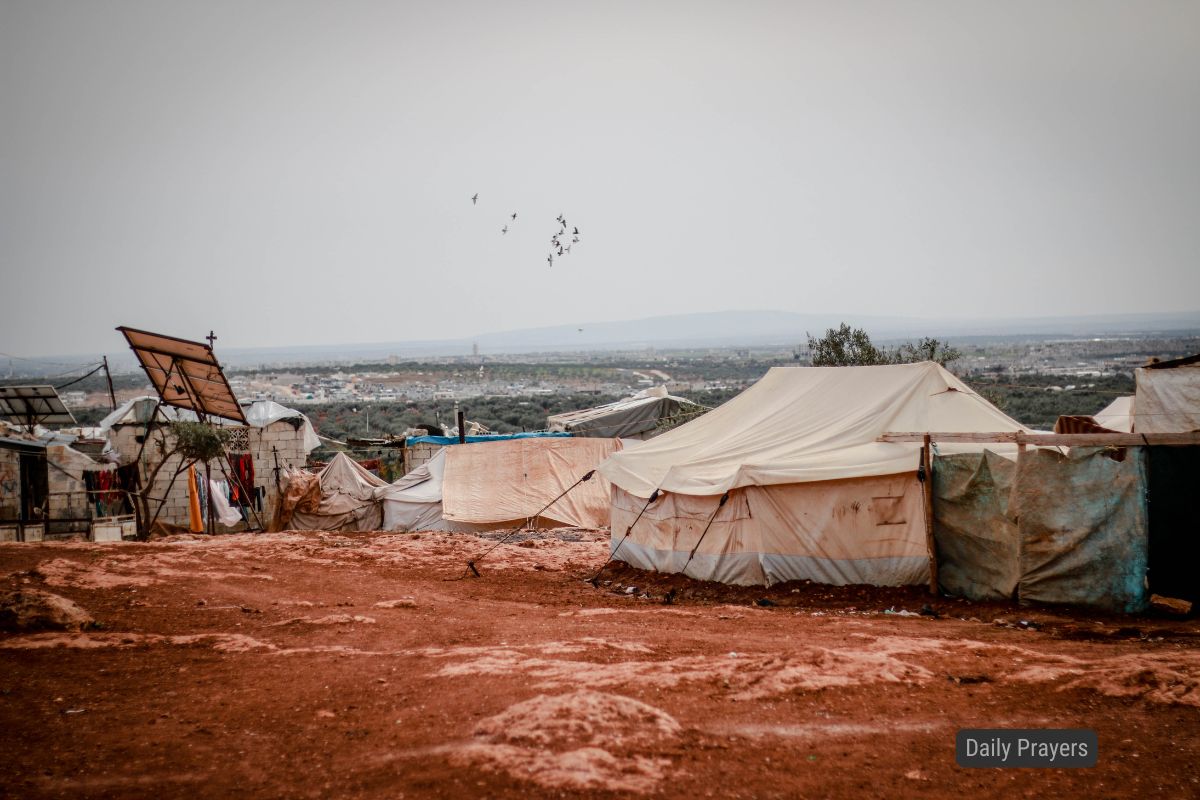DJIBOUTI: Djibouti is home to about 32,000 displaced individuals, which includes over 23,000 refugees and around 8,000 asylum-seekers, mainly from Somalia, Ethiopia, and Yemen. Approximately 85% of these people live in refugee villages like Ali Addeh, Holl-Holl, and Markazi, while the rest are found in urban areas such as Djibouti City. Women and children represent 67% of those who have been displaced.
Even with ongoing droughts and limited resources, Djibouti has kept its doors open to those in need and is recognized as a leader in the region for following the Comprehensive Refugee Response Framework (CRRF). The government has taken significant steps to integrate refugees into national systems such as education, healthcare, and job opportunities. This approach promotes peaceful living together and allows refugees to help boost local economies.
The UNHCR coordinates a multi-faceted response alongside the government, development partners, and both refugee and host communities. Their goal is to enhance protection for displaced individuals, encourage self-sufficiency, and create long-term solutions that align with the Global Compact on Refugees.
- Lord, we pray for the safety and well-being of the displaced individuals in Djibouti, that they may find shelter, nourishment, and peace during their challenging circumstances (The Holy Bible, Psalm 46:1).
- Lord, we pray for the efforts of the Djiboutian government, UNHCR, and all partners working to integrate refugees and asylum-seekers into society, that their initiatives will foster unity, self-sufficiency, and a brighter future for all, especially for women and children (The Holy Bible, Jeremiah 29:11).
News Source: UNHCR
Image Source: Canva

